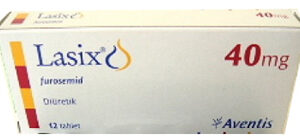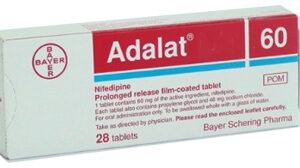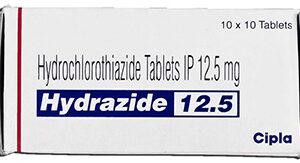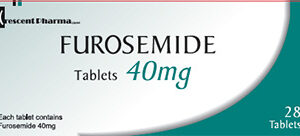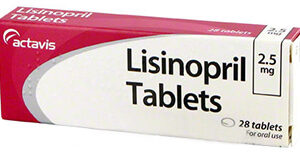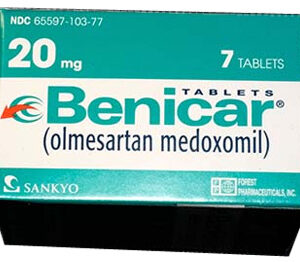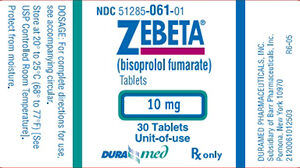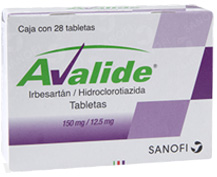Blood Pressure
Managing high blood pressure (hypertension) is crucial because if left untreated, it can lead to serious health issues such as heart disease, stroke, and kidney problems. Effective treatment often involves medication to help lower and control blood pressure to a safe level.
Why Treatment is Essential:
High blood pressure puts extra strain on blood vessels and vital organs. Over time, this strain increases the risk of heart attacks, strokes, and can cause heart and kidney failure, as well as other health problems.
Lowering blood pressure through medication can significantly reduce these risks, improving overall health and longevity.
Treatment Options:
Diuretics: Known as “water pills,” like Hydrochlorothiazide, these help the kidneys flush out excess salt and water from the body, reducing the volume of blood and thus the pressure on artery walls.
ACE Inhibitors: Drugs such as Lisinopril inhibit a hormone that tightens blood vessels, allowing the vessels to relax and widen, which lowers blood pressure.
Angiotensin II Receptor Blockers (ARBs): Medications like Losartan block the action of a hormone that constricts blood vessels, easing blood flow and reducing blood pressure.
Beta-Blockers: Such as Atenolol, these reduce the heart rate and the force of heartbeats, decreasing the amount of blood pumped through the vessels, which lowers blood pressure.
Calcium Channel Blockers: Drugs like Amlodipine prevent calcium from entering the heart and artery cells, relaxing the blood vessels and reducing blood pressure.
